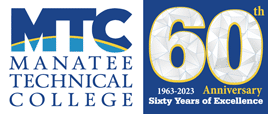Basic Life Support (BLS) is the foundation for saving lives after cardiac arrest. This Instructor-led training course is designed to teach healthcare professionals how to perform high-quality cardiopulmonary resuscitation (CPR) individually or as part of a team. BLS Skills are apllicable to any healthcare setting. During this course students will learn rescue techniques for adults, children and infants. This course is intended for anyone who provides health care to patients in a wide variety of settings, both in and out of the hospital, and for anyone entering into a health carreer-related training program.
During the course students must pass a written exam and skills tests in order to receive an AHA BLS completion card. The completion card is valid for 2 years.
This class is for American Heart Association e-card renewals ONLY and does not apply to any other providers of CPR training.
To attend a BLS Renewal course, you must have a current (not expired) AHA BLS card that you bring with you to the class. The expiration date and eCard Code shown on your current card will be required on the payment link.
If you no longer have your e-card information go to: Look up AHA e-card status. You will need to use the email you registered with at the time of issuance. If you cannot find your information, either the e-mail is wrong or it has expired.
If your BLS card is expired or if you have a BLS card from an organization other than AHA, you will need to register for either a "BLS Provider" or a "Heartcode BLS" course.
.


 941-752-8100
941-752-8100
